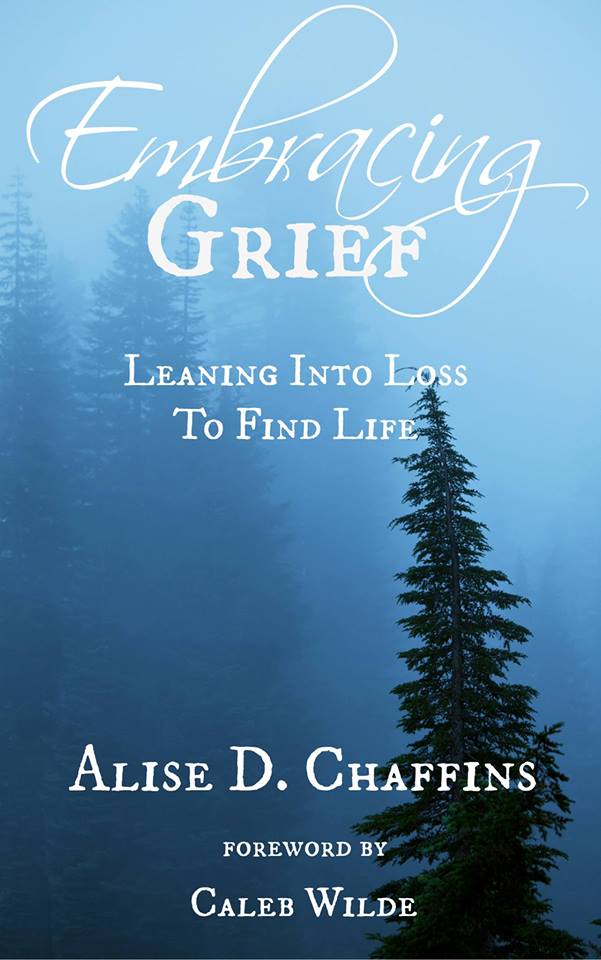Today, I welcome podcaster, Charlie Porter of Fable Podcast as my guest.
We cover a range of topics including his story of doubt and disorientation and then reconnection to deeper life and meaning through story.
If you want to share audio of this episode use the red and white icon below.
Podcast: Play in new window | Download (Duration: 52:27 — ) | Embed
Subscribe to Spark My Muse Apple Podcasts | Spotify | Email | TuneIn | RSS | Subscribe to Spark My Muse
Show notes:
MIN 1:00
Charlie’s story of picking up the pieces and starting a new story.
MIN 4:00
Peter Pan and Captain Hook
Not wanting our faith to grow up. Not wanting to ask questions because that ground is uncharted.
MIN 10:30
On the old folk tales that tell us who we are, even now.
MIN 11:30
The role of fantasy and escapism after 9/11. (Lisa a la Brene Brown)
Charlie was in 8th grade during the Twin Tower attack–and has no cultural experience off “escapism”.
• Discourse Theory- Laclau and Mouffe – Nodal Points PDF
MIN 15:30 Captain American – Civil War
MIN 17:30
Charlie’s story about the homeless man in downtown Detroit.
MIN 24:30
Being aware of “Thin Spaces”
MIN 26:30
God’s call (in the Bible to his people) to remembrance.
Sacred places, festivals, sacraments, and times of being “woke”.
Drops Like Stars by Rob Bell
Anticipating “thin spaces” and getting through rocky times through vulnerability.
MIN 31:00
Truly seeing others.
George Fox “The Spirit can speak to thine own condition.” (possible quote)
Jacob is woken within his dream to see the angels going up and down from heaven.
35:00
Lucid Dreams
(my short book on the topic)
• Neuroscience study – lucid dreaming (link)
• Mysticism or altered or new states of consciousness feels analogues to me (Lisa) in the way that lucid dreaming does.
“Am I a Buddhist and just don’t know? They’re talking about waking up.”
• Christianity is an Eastern religion. (Eastern Orthodox)
MIN 45:00
Being drawn into the mystery and a place beyond words and reason.
Enacting loving grace toward others when it doesn’t just stay in your head.
Incarnation and living in the world.
“Returned to Orthodoxy” – knowing the Jesus that is here now (not just the Jesus of the cross.)
Finding the Fable podcast:
Twitter.com/fablepodcast
fablepodcast@gmail.com
on Podbean
Hear other recent Spark My Muse episodes!
Pick a subscribe option!










